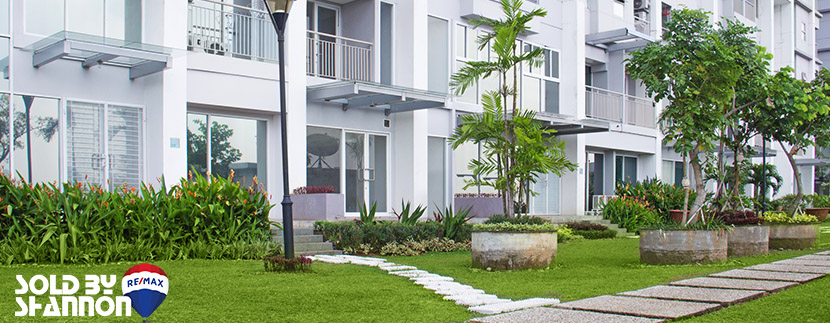Understanding Real Estate Lingo: What Is A Leasehold?

How would you like to lease a house . . . for 140 years?
That’s just one of the many interesting tidbits about a leasehold, an arrangement that falls somewhere between renting a home and purchasing one for the long haul.
For folks interested in finding a home, however, it’s important to understand the rights and expectations associated with this type of property.
Are you searching for your dream home? Know what to expect when you see leasehold properties and find out if they are right for you.
What Is a Leasehold Property?
In a leasehold arrangement, the property owner remains in possession of the land, but lessees own the home for a specified unit of time.
Often, property owners lease out homes for 99 years, but length varies depending on needs. Some contracts even last for 999 years!
During this tenure, the lessees own the property, but property owners (also called landowners and freeholders) may include restrictions about what those individuals may do while living in the house.
Leasehold contrasts with freehold properties, where individuals own the home and land until they decide to sell.
How It Works
The landlord creates a lease, which the lessees sign. The lease gives detailed information regarding your rights, so always read over this carefully.
It lays out the duration of the lease, any restrictions on the individuals who will occupy the home and payment expectations.
Individuals then provide a down payment, which is typically much less than the standard 20% down payment for purchasing a house. After that, they pay a monthly rent to the landlord.
Once the lease ends, the property returns to the landowner. A new lease might be negotiated or the tenants must find another place to live. However, most individuals do not ever see the end of their contracts because they are so long.
Advantages
Why would anyone want to be part of a leasehold property? There are quite a few advantages.
First, many leasehold properties require the landlord to maintain the building’s maintenance. Therefore, tenants don’t have to worry about replacing roofs or maintaining the structural integrity of their home.
Not all leases contain this clause, however. Some require lessees to pay for all maintenance.
In addition, these agreements are ideal for small areas where land is limited, such as islands, and they offer opportunities for decades of steady prices for those with fixed incomes.
Leasehold estates are also ideal for commercial businesses and individuals interested in renting to others.
Considerations
One downside of a leasehold estate is an inability to create equity. Any renovations made are turned over to the freeholder upon the lease’s end.
Finally, this property includes additional fees for service charges and ground rents.
It’s always a good idea to work with a trusted professional when considering a leasehold property, as some individuals abuse the system to scam renters.
Say “Aloha” to a New Home
Whether or not a leasehold estate is right for you depends on a number of factors, including the availability of land, the rights you would like to have and the planned duration of your stay.
But we know how difficult it is to find that perfect home for you and your family, especially if you or your loved one is in the military.
Are you still unsure which is best? Read our article to discover if renting or buying is right for you.
It’s time to find your small piece of paradise.

